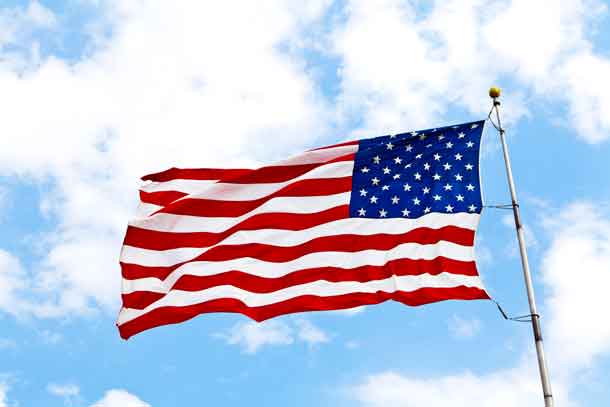The libertarian philosophy, which advocates for individual freedom and limited government intervention, is often associated with Canada. However, while Canada may appear to be a libertarian paradise on the surface, there are limitations and challenges to this ideology in practice.
We will examine the reasons why Canada is not the libertarian paradise that many people believe it to be, including the limitations of its economic policies, its struggles with social equality, and the restrictions on individual freedoms, such as the illegalization of online gambling. Ultimately, this article argues that while Canada may have some libertarian tendencies, it is far from a true libertarian paradise.
Canada and Libertarianism
Libertarianism has a relatively short history in Canada, with the country’s first libertarian party, the Libertarian Party of Canada, being formed in 1975. The party’s platform emphasizes individual freedoms and limited government intervention in both the economic and social spheres.
While the Libertarian Party of Canada has been around for decades, its influence on Canadian politics remains limited. The party has yet to win a seat in the House of Commons, and libertarian ideas are generally not well represented in mainstream Canadian political discourse.
Despite the limited impact of libertarianism on Canadian politics, the philosophy has had some influence on Canadian society. For example, Canada’s healthcare system includes some private elements, and the country has a relatively low level of taxation compared to many European nations. However, the extent to which these policies reflect libertarian values is a matter of debate. Additionally, there are numerous laws and regulations that limit individual freedoms in Canada, such as restrictions on drug use and laws governing firearms ownership.
Restrictions on Personal Liberty
Drug and Alcohol Laws in Canada have limitations on personal freedom due to their strict regulations. Canada has strict laws on drugs and alcohol, and these laws limit personal freedom, particularly when it comes to recreational drug use.
Arguments for and against drug and alcohol prohibition have been debated for decades, with some believing that the prohibition of certain drugs and alcohol can lead to reduced crime rates and improved public health, while others argue that these laws only serve to criminalize harmless behavior and limit individual freedom.
Online Gambling Restrictions in Canada also restrict personal freedom. Online gambling is illegal in Canada, except for a few select provinces. This restriction affects individuals who want to gamble online, as well as businesses that want to offer online gambling services. The impact of online gambling restrictions on individuals and businesses is significant, as it limits entertainment options for people and reduces revenue for businesses.
It’s worth noting that although online gambling is largely prohibited in Canada, there are some licensed casinos that have been authorized to offer online gaming options to their patrons. So, if you’re searching for the best online casino in Canada which has a license, you can review this list.
Restrictions on Free Speech in Canada also limit personal liberty. Canada has laws in place that restrict free speech in certain circumstances, such as hate speech laws. The impact of restrictions on free speech on personal liberty is significant, as it limits individuals’ ability to express themselves freely.
Economic and Social Concerns
Despite being known as one of the world’s wealthiest countries, Canada still struggles with issues of income inequality and poverty. A significant portion of the population lives below the poverty line, and the gap between the rich and the poor continues to widen. Critics argue that libertarian policies, such as a reduced social safety net and lower taxes for the wealthy, contribute to these issues.
Canada’s healthcare system is often praised for providing universal coverage, but there are concerns about its accessibility and quality. Social welfare programs, such as unemployment insurance and public housing, also face criticisms for being underfunded and insufficient. Some argue that a more robust government role is necessary to address these issues and provide adequate support to those in need.
Libertarians often argue that limited government intervention is necessary for economic growth and individual freedom. However, others argue that a strong government role is necessary to promote economic and social equality. This can include policies such as progressive taxation, social welfare programs, and regulations to protect workers and consumers. The debate over the appropriate level of government intervention in promoting equality continues to be a contentious issue in Canada.
Key Takeaways
While Canada is often viewed as a libertarian paradise, the limitations of libertarianism are evident in various aspects of Canadian society. Drug and alcohol laws, online gambling restrictions, and limitations on free speech restrict personal freedom. Additionally, income inequality, healthcare and social welfare programs, and the role of government in promoting economic and social equality present economic and social concerns.
It is crucial for readers to critically examine political ideologies and their limitations, including libertarianism. The balance between personal liberty and the common good is a crucial aspect of a democratic society and requires ongoing consideration and debate.







